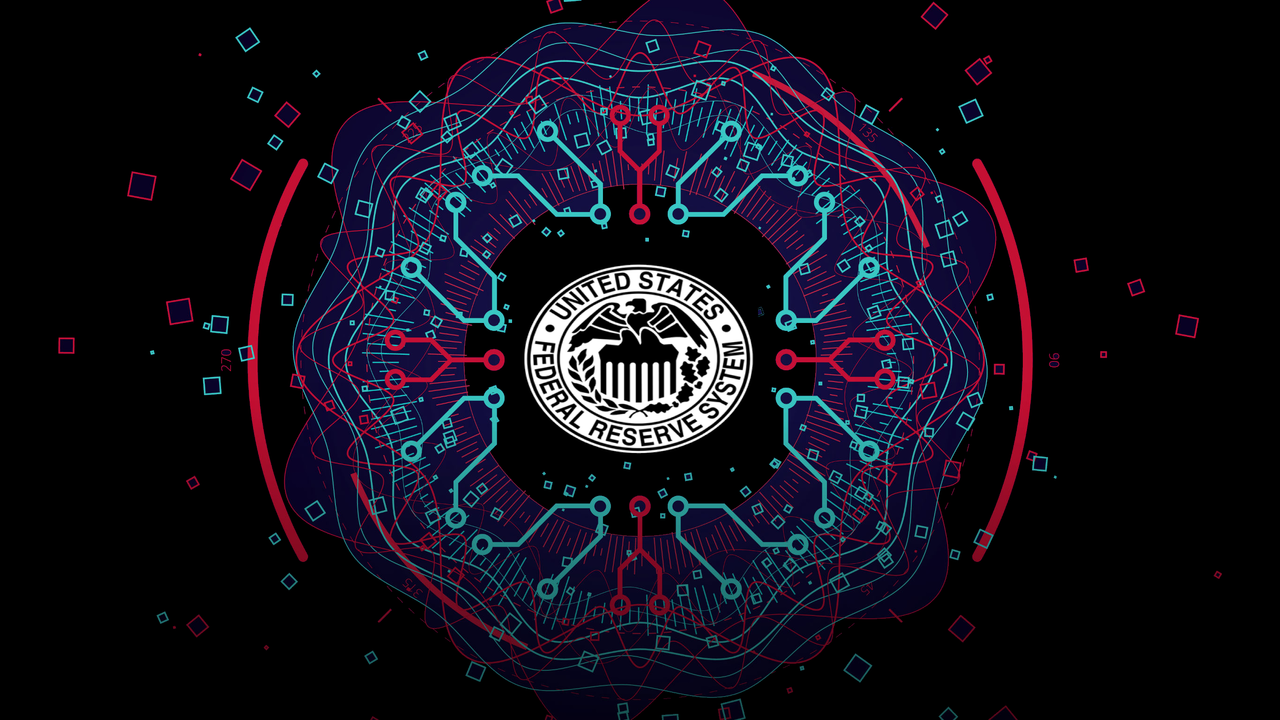Federal Reserve officials are increasingly turning to big data to provide them with a more accurate snapshot of the economy, AP News reports.
The first evidence of this was during a government shutdown last year when officials turned to First Data, a payments firm that processes $2 trillion in transactions per year, for credit card data to gauge the health of the consumer, as it was evident the Fed was flying blind with most of its consumer datasets halted because of the shutdown.
"It was a big deal for the Fed in terms of having information about the economy when the retail sales data did not come out," said Claudia Sahm, a former Fed analyst who compiled the First Data consumer data for officials during the shutdown. Officials were "extremely interested in what those readings were."
The Fed is becoming aware that government data to assess the status of the business cycle is not as accurate as thought, and the 106-year old central bank must leap into the 21st century and embrace big data to stay relevant.
"We have been working with big data ... with the purpose of better understanding the current position of the economy," Chairman Jerome Powell recently said. "It's an area of real interest for us."
Billions of financial transactions are digitized and compiled by private firms and could be a solution for the Fed to monitor more accurately the business cycle for future policy adjustments.
The deployment of artificial intelligence, monitoring private data financial transactions, searching for anomalies, could be a new tool for the Fed to pre-emptively fight downturns.
"These data are becoming of increasing practical importance for figuring out the state of the economy for policymaking," Matthew Shapiro, an economist at the University of Michigan who studies economic data, said at a conference last year. "The quality of official statistics is going to deteriorate without help from big data."
Most government datasets are a long lag and rely on surveys, not helpful when trying to gauge current conditions of the business cycle, and maybe explains why the Fed is sometimes late to the game in terms of policy action.
Big data could allow the Fed to view the economy through a looking glass that is more real-time, as opposed to outdated surveys, which could also give the Fed tools to drop precise stimulus where it is needed the most, in terms of geographical region or a specific industry, a move that could thwart contagion.
Economists have pressured the Fed to adopt big data and private datasets as part of tools to monitor business conditions. It would make the Fed more accurate in policy deployment, considering they've been flying blind since December 23, 1913.
"Consumers shop online, summon cars for hire with an app, watch 'TV' without television stations or TVs, and 'bank' without cash or checks," Shapiro wrote in a paper last spring. "Data could, in principle, be available with a very short lag."
The rise of alternative data has allowed hedge funds to place bets on the economy more accurately. For example, Yelp takes its customer data, packages it up, and sells it to hedge funds for a costly premium. Those hedge funds use artificial intelligence to find trends in Yelp's consumer data, which then allows them to trade on it.
In other examples of using alternative data to guage real-time economic conditions, we showed readers the collapse of China's economy weeks before official data printed:
- China Has Ground To A Halt: "On The Ground" Indicators Confirm Worst-Case Scenario
- China Is Disintegrating: Steel Demand, Property Sales, Traffic All Approaching Zero
- Terrifying Charts Show China's Economy Remains Completely Paralyzed
The Fed got a taste of big data last year during the government shutdown, it remains to be seen if the Fed will continue adopting alternative data as part of its monitoring toolkit.

Commenti
Posta un commento